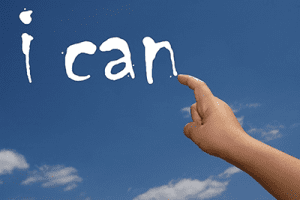
Our organization provides resources to help students and adults make the best of their lives. It all starts with what we call the ‘can do spirit.’ This is a language that can be learned.
Amazing people have used it in science, music, exploration, engineering, business, art, medicine and many other important areas.
“One can have no smaller or greater mastery than mastery of oneself.”
Leonardo da Vinci – the great innovator
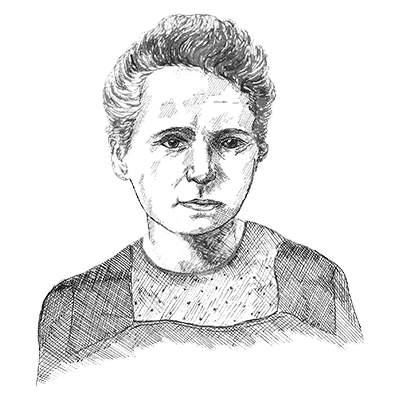
I have researched the life stories of more than 500 amazing achievers to discover what they did and why. For example, Dr Marie Curie, is the only woman to win two Nobel Prizes for scientific discoveries. Others include Faraday, who discovered electricity, Pasteur who revolutionized medical practice, and Nightingale who saved lives by establishing training for nurses. Humanitarians, like Tubman and Barnardo, changed people’s lives by their selfless efforts.
There are many more unsung heroes and heroines whose outstanding contributions are not as well known. They all had an important purpose and dedicated their lives to achieving it.
Many others who had ideas, education, and money did not succeed to the same level because their level of determination was less.
We need to help students and adults of today develop that kind of spirit. In doing so, they will be able to make the best of their lives and also help others to do the same.
A review of people who have met challenges and overcome adversity shows that they developed the following characteristics:

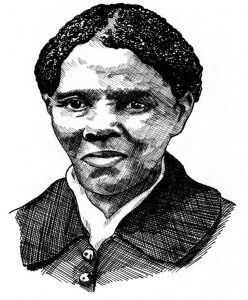
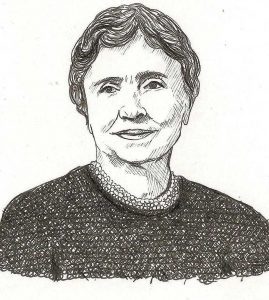
An outstanding example is Helen Keller, She contracted an illness early in her life that left her deaf and blind. Despite that, through her ‘can do spirit’, she became a leader for the disabled.
Another example is Harriet Tubman. She escaped from slavery and, although formally uneducated, became a leader for civil rights.
The amazing people in our series provide brilliant exemplars of achievement. The following are key issues for individuals to focus upon in order to show and apply their own ‘can do spirit.’
It is clear that people who identified a purpose that they regarded as important, invariably worked hard to achieve it. For example, in schools a key part of character education is to provide students with opportunities to discover issues that they feel passionate about. Introduction to projects, for example, on the environment, civil rights, health, music, technology and other areas of expression, will enable students to identify a purpose they wish to pursue.
All the amazing people in my research gave themselves permission to take action. Rather than inventing restrictions and barriers, they developed proactive plans. Students can do this by listing the personal permissions they will give themselves. These include specific personal permissions to take action in order to:-
Amazing people led with their perception, vision and intuition. Once they perceived what was possible, they powered ahead. They focussed on the ‘how-to’ questions.
![]()
In schools, students can be taught how to improve perception through classroom exercises, such as the 10-letter alphabet game. Students all receive 10 letters and are asked to produce in a small team, as many words as possible from those letters. They are given three or four successive time shift periods of 4 minutes. Their output will increase after each shift.
The question they are asked is ‘why?’ The answer is always that they perceive better methods as a result of experience. In effect, they reduce their restrictions and increase their level of permission once they see the competition from other teams.
Our work helps individuals gain the information they need in order to make their own choices. We provide short summaries of how selected amazing people in history identified an area of interest and converted an important purpose into successful performance via their ‘can do spirit’. We encourage people, especially students, to use that understanding to discover people who are today making outstanding contributions and to learn from them. For example, they can interview nurses, fire fighters, cleaners and others who are doing important work.

We support educators by providing workshops on both the content and the ‘can do spirit’ processes, so that they can coach and guide. We believe this is the way that practical character education can be advanced and at the same time this improves the wellbeing of students. In doing so, students will be able to make the best of their lives and also help others to do so.
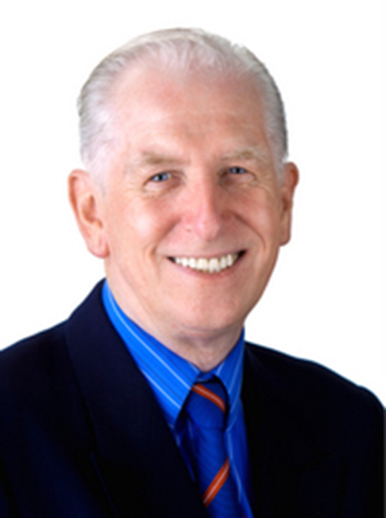
Dr Charles Margerison, President and founder of Amazing People Worldwide, is a Psychologist. He is also President of Amazing People Schools. Dr Margerison has consulted widely for major organizations in the fields of organizational and educational psychology. He was previously Professor of Management at Cranfield University, UK, and the University of Queensland, Australia. He founded Amazing People Worldwide in 2006 and is supported by a dedicated global team. He previously co-founded Emerald Publications, and Team Management Systems and has authored more than 30 books. Dr Charles is also the creator of ‘Can Do Kids Worldwide, a virtual music group that helps students to learn about countries and cultures through music. He has also developed Imagineland, for early learners. You can follow him on Linked in .
For more information, please email info@amazingpeopleworldwide.com
Websites:



Copyright © 2021. Amazing People Worldwide.
All Rights Reserved.
This site is protected by reCAPTCHA and the Google
Privacy Policy and Terms of Service apply.



